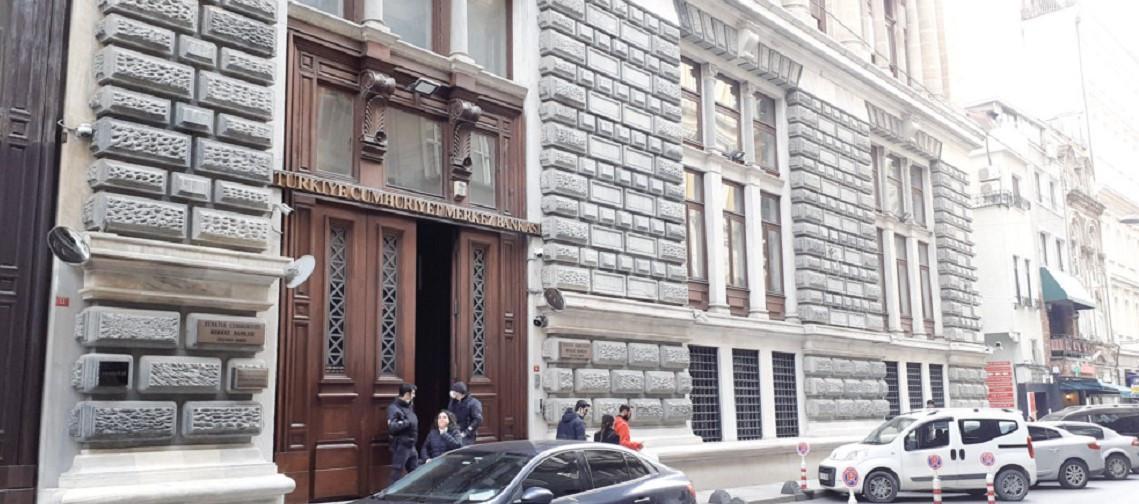
Turkey’s external assets reached $288.1 billion in February, down 1.6 percent from the end of 2021, according to data released by the Turkish Central Bank yesterday.
Liabilities against non-residents fell 2 percent to $512.1 billion during the same period.
The net international investment position (NIIP), defined as the difference between external assets and liabilities, was minus $224 billion at the end of February, versus minus $229.7 billion at the end of 2021.
As regards sub-items under assets, reserve assets recorded $110.5 billion, down 0.6 percent, while other investments dropped by 2.3 percent to $118.2 billion.
“Currency and deposits of banks, one of the sub-items of other investment, recorded $52.4 billion, indicating an increase of 1.7 percent compared to the end of 2021,” said the bank.
The U.S. dollar/Turkish Lira exchange rate was 12.24 at the end of 2021 and had risen to around 14.06 by the end of February.
Non-residents’ foreign exchange deposits were up 0.7 percent to $35.1 billion, while the lira deposits increased by 26 percent to $12.2 billion.
The total external loan stock of banks was at $65.8 billion, down 1.2 percent from the end of 2021, while the total external loan stock of other sectors dropped 0.3 percent to $96.4 billion.
Meanwhile, the Central Bank has raised the share of foreign currency revenues that exporters are required to sell to the Central Bank from 25 percent to to 40 percent.
The move was aimed at propping up the country’s foreign exchange reserves, according to local media.
In January, the government mandated exporters to sell 25 percent of their foreign currency revenues to the Central Bank.
The Central Bank’s net foreign currency reserves have risen to $18.3 billion last week.
Turkey’s exports reached $225 billion in 2021 and the government and economists expect they will reach $250 billion this year.
Last month, the bank kept its main interest rate unchanged for a fourth month at 14 percent.
The decision was in line with President Recep Tayyip Erdoğan’s opposition to high borrowing costs in a bid to boost growth, investments, employment and exports.
In an effort to soften the blow on households, the government has implemented tax cuts on basic goods and has adjusted electricity tariffs, as the inflation rate hit 61 percent last month.
Turkey’s economy grew 11 percent in 2021, the fastest among G20 countries.